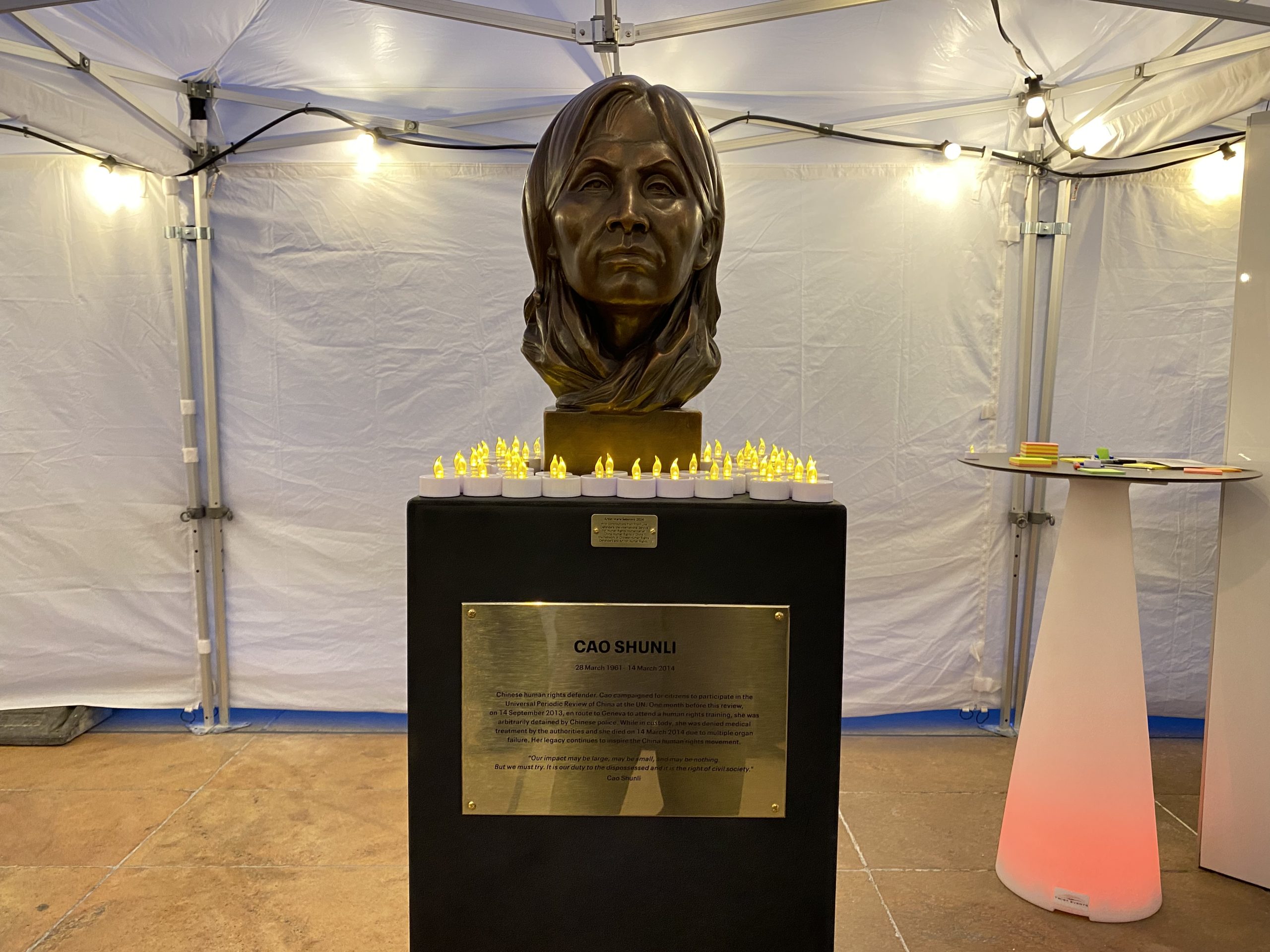The move follows a heated June session of the UN Committee on non-governmental organisations (NGO Committee), an ECOSOC subsidiary body made up of 19 UN member States that handles requests for accreditation by civil society groups. The body has been frequently accused of arbitrarily deferring requests from NGOs, particularly human rights groups, that are critical of its members and their allies.
During this session, the United States pushed for a vote on the status of six NGOs, which was met with fierce resistance from a majority of the Committee members who voted to adjourn the debate on these applications. The US will thus seek for the vote to take place at the ECOSOC Management Segment meetings (July 21 – 22), which serve to review reports from the Council’s constituent bodies, including those of the NGO Committee..
The six groups whose status will be voted on are: Diakonia, the Inimoiguste Instituut, the National Human Rights Civic Association “Belarusian Helsinki Committee”, Non c’e pace senza giustizia, the Syrian American Medical Society, and the Wikimedia Foundation. These include credible NGOs that are being blocked solely due to political interests.
A vote on these NGOs would mark a welcome departure from the deadlock that has engulfed the process through which civil society actors can gain access to the UN. Yet this only scratches the surface of the troubles that afflict the working of the NGO Committee. The six groups whose credentials are being discussed are but a fraction of the 354 organisations whose requests remain in abeyance. ISHR is familiar with the cases of dozens of organisations who have faced over four years of deferrals, including two human rights groups that have had their applications deferred for over ten years.
“This vote could set a precedent by making it clear that the Committee cannot continue to be a vehicle for reprisals against civil society,” said ISHR’s officer on civil society access and participation Maithili Pai. “States in both bodies must address the long backlog of legitimate applicants that have been unjustly deferred and ensure that the NGO Committee is well equipped to fulfil its true purpose: that of facilitating civil society access, not of blocking it over partisan political considerations and arbitrary grounds.”
The last session of the Committee also shed light on its grave lack of resources and staff, which is having a profound effect on the work of the NGO branch. Marion Barthélemy, director of the Office of Intergovernmental Support and Coordination for Sustainable Development (OISC) which supports the work of ECOSOC, went so far as to describe the Committee’s current situation as “unmanageable”, stating that “the resources of the branch have been stretched to the limit”.
ECOSOC States must vote to grant consultative status to the 6 applicant organisations. Beyond this crucial step, they should also address the conditions in which the NGO Committee has had to work for some time and put an end to the political and procedural gridlock that is hampering civil society access to the United Nations.




